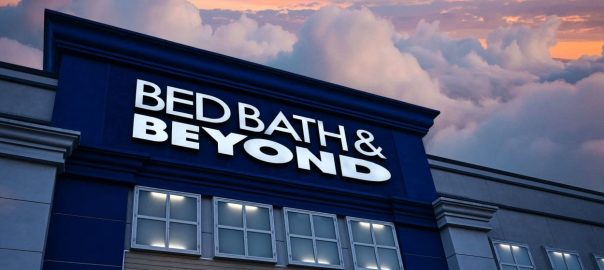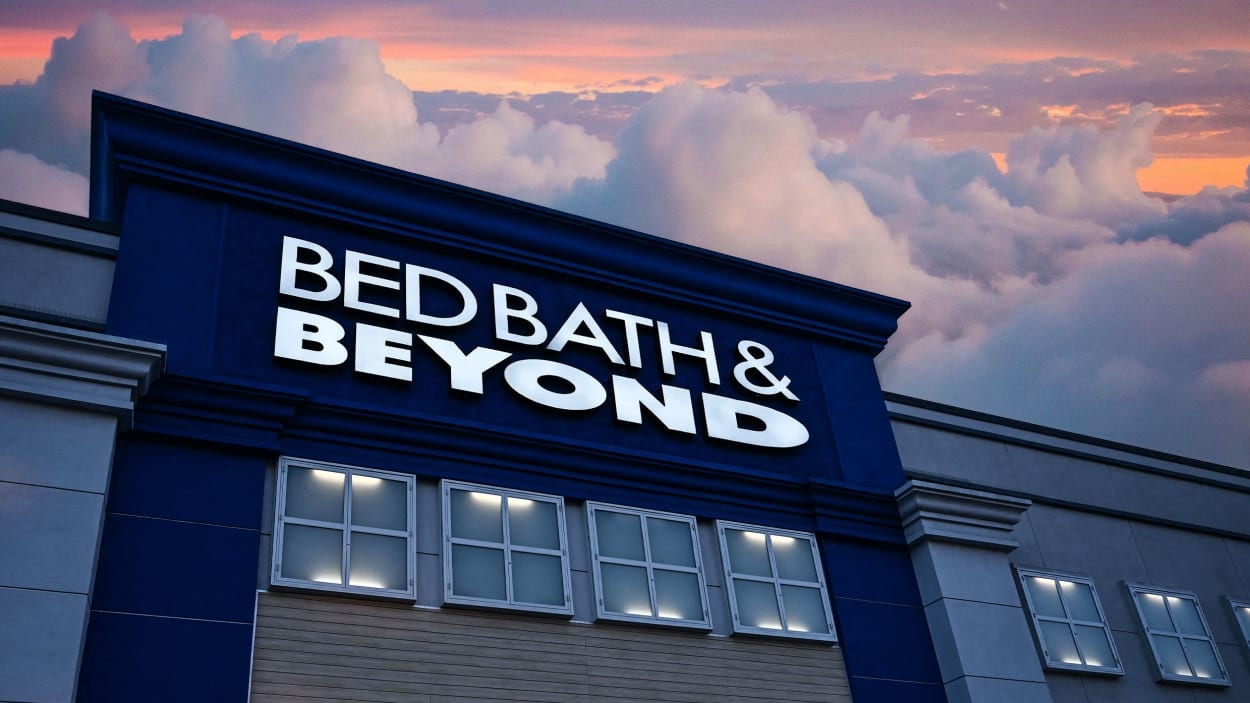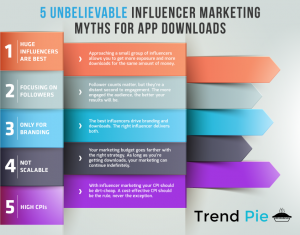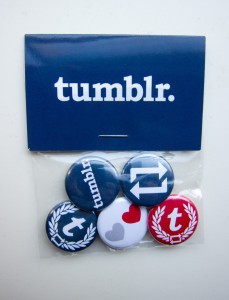Bed Bath & Beyond is still headed, at least partially, to the great beyond—even after Overstock.com won an auction to buy the struggling retailer’s intellectual property and digital assets.
The chain’s brick and mortar stores are set to wrap up operations by June 30, meaning you have a week or so left to bargain hunt the clearance sales. As of Thursday, the discounts ranged from 40% to 70%, with most hovering in the 40% range.
Overstock will gain control of the chain’s brand name, business data, and digital assets. That means that while Bed Bath & Beyond’s physical stores are going away, its online presence could remain.
A hearing will be held next Tuesday to finalize the purchase.
Investors were overjoyed with the news. Overstock’s shares closed 17% higher on the news Thursday (and climbed 22% at one point earlier in the day).
The purchase, assuming it goes through, opens up a new area of business for Overstock—and that could come at just the right time. Consumer demand for big-ticket items is slowing as economic clouds gather on the horizon and in the post-pandemic world. Overstock.com declined to comment, but the company has been shifting to smaller offerings, like kitchen appliances and home decor. By taking over Bed Bath & Beyond, it could potentially accelerate that and take advantage of the well-known brand.
And never underestimate the power of a name. Many companies once thought gone forever have been revived in some fashion after their IP was purchased—most notably Toys R Us, which filed for bankruptcy in 2017, but has become the Rasputin of retail, last year signing a deal that put it in every Macy’s department store, with anywhere from 1,000 square feet to 10,000 square feet per store.
Other zombie retail brands that folded have been revived by investment firms that bought their assets, including Radio Shack, Circuit City, and Pier 1.
Overstock has been in business for nearly 25 years, but still has had trouble breaking through to some consumer segments. Analysts say having access to the better-known Bed Bath & Beyond name could be helpful.
“I have repeatedly told Overstock management that their name was lame, connoted that they sell closeout merchandise, which they used to do, and did not create an impression that they are a leading online retailer of home goods,” Michael Pachter, managing director of equity research at Wedbush Securities, told Fast Company. “Unfortunately, the name ‘Home Goods’ is owned by TJ Maxx, so they haven’t made a change. With the Bed Bath & Beyond name for sale in bankruptcy, they are set up to raise their profile at a relatively low cost.”
Overstock also has a history of picking up the pieces of failed companies. When the company was initially founded, it sold surplus and returned merchandise, including that of 18 failed dot-com companies.
Overstock’s purchase does not include anything associated with BuyBuyBaby, which Bed Bath & Beyond also owned. The sale of those assets is being held separately—and analysts say it will likely go for more than the $21.5 million Overstock paid for the assets it stands to acquire.
(2)








